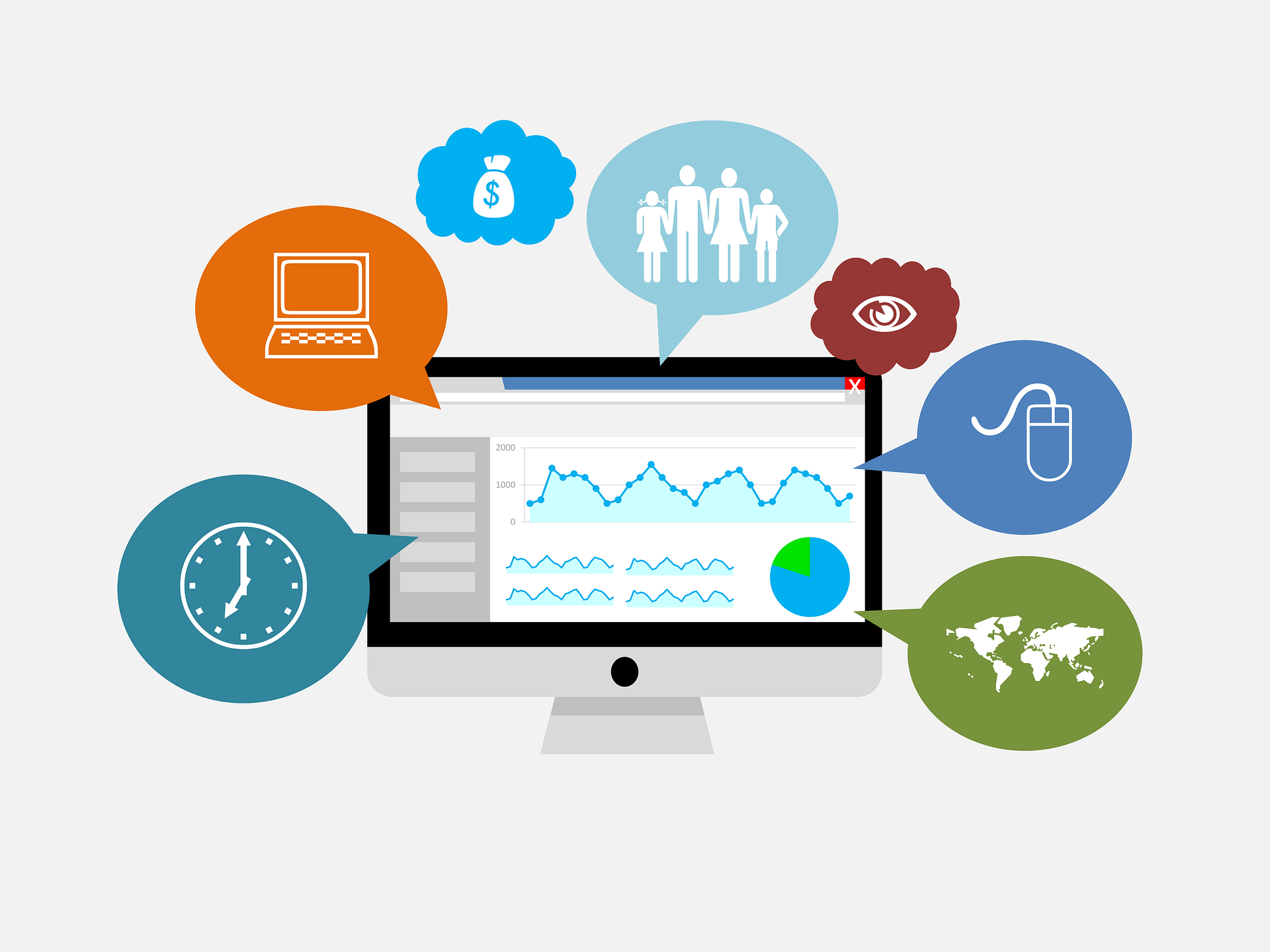The COVID-19 pandemic has been a catalyst for the biggest workplace transformation of our lifetime. HR teams in particular have been feeling the full impact of this ‘evolution’; now having to monitor the wellbeing of team members spread across multiple locations and all the logistical and personal challenges that brings, as well as being tasked with feeding into the recovery and strategy of the overall business.
One change brought about by the pandemic has been the emphasis on preparation – being able to forecast the shape of things to come using business insights.
For some time, HR teams have been relied upon simply for their administrative functions; serving as a way to keep track of personal records, absence and staff turnover or provide wellbeing support to team members. But these shouldn’t be their only responsibilities.
The role of the HR department is beginning to transform, as HR teams become a strategic arm of the business, one that can use its data to inform action, policy and decision making at c-suite level.
HR departments have a gold mine of data at their disposal. Yet if unorganised, incorrect or ignored – it provides no value to the business. All too often, data is ill-managed – collected at random, infrequent periods and not investigated or questioned, leaving fragmented and inconsistent data for teams to unpick and hypothesise. Outdated technology and processes can also lead to administrative errors, meaning that the wrong conclusions could be being drawn.
Utilising one single cloud-based platform such as Google Cloud can prevent collecting data from multiple different sources from being a laborious, repetitive process that hampers your HR team. Instead it can help to organise datasets and ensure they are up-to-date and accurate – collected in a way that enables intelligent HR.
If analytics are applied to the datasets HR typically collects, HR teams will be able to spot trends and patterns that help to develop a picture of the overall business.
For example, one pattern analytics could help to spot could be with the company’s recruitment and retention process. If data highlights a high percentage of employees leaving the company after 18 months, you then need to investigate why.
With the available data, HR could uncover a multitude of reasons as to why employees leave – suggesting staff within certain geographical locations are at higher-risk of resigning, others perhaps leaving due to a lack of training and development support, or maybe your competitor is slowing eating away at your workforce. Once you know why, you can then turn that into action to change it.
Using a cloud-based system to monitor data allows HR to retrieve external data and compare it against the current workforce. This feature could help businesses stay on top of the game when it comes to comparing industry salary advantages and offering various incentives to staff.
Being able to analyse and understand detailed data enables HR professionals to become proactive, offering useful insights that will undoubtedly help to feed business strategy and, in the long run, secure the businesses’ long-term future.
The days of HR having no tangible output are numbered. Instead the HR team can play a pivotal role in the business deploying new L&D processes, introducing flexible working measures, and ensuring increases in salary or bonus structure helps to boost staff retention.
Harnessing one single version of the truth, by collecting and storing HR data correctly, will ultimately move HR teams towards a more strategic business position, and away from the old-fashioned concept of HR.







